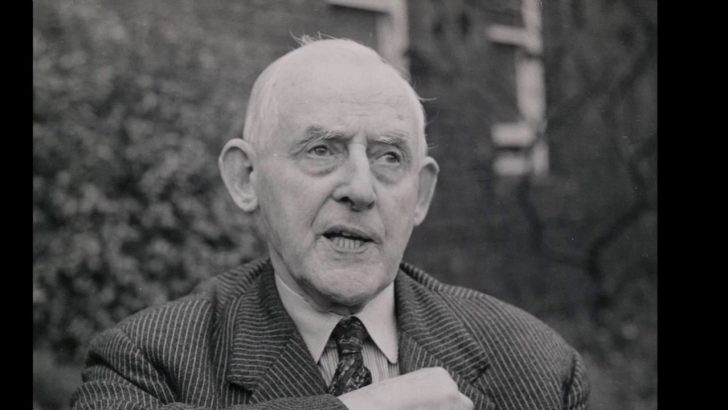The Legion of Mary founder believed the documents that came from Vatican II were “an endorsement of what the Legion stood for”, Frank Duff’s biographer said.
Historian Dr Finola Kennedy told The Irish Catholic that, while he didn’t “get up and speak” at the council, it is possible he had an “indirect influence”.
“At the end of the council, there was a request from the Vatican for the Legion’s handbook in all the various languages that were then available,” Dr Kennedy began.
Evidence
“I don’t have any evidence that it had an impact on the documents, but certainly, the Church in the modern world (Gaudium et Spes) and items concerning the role of the laity would seem to endorse what Duff was already doing decades earlier.”
Dr Kennedy added that Duff himself, who attended Vatican II as a lay observer, “believed Vatican II was an endorsement of what the Legion stood for, that the Baptism of the all the Faithful not just empowered but insisted that they were part of the spreading of the Good News.
“And that hadn’t been fully recognised for some decades, probably some centuries. At that time, the laity were just still to pay and to pray.
“They were not seen as intrinsic to the Gospel mission and that really only came out in the documents of Vatican II.”
The Legion embodied much of the thinking of Vatican II, she added.
Where the Legion was “exceptional”, Dr Kennedy continued, was “in what Paul VI said, ‘it chooses the little people’. If you look at the members of the first meeting, they were all unimportant by worldly standards”.
However, she pointed out that it also attracted members from “all ranks of society” including ministers and lawyers.
“Frank Duff’s genius was that he absorbed people from all levels of education and none,” Dr Kennedy pointed out.


 Ruadhán Jones
Ruadhán Jones
